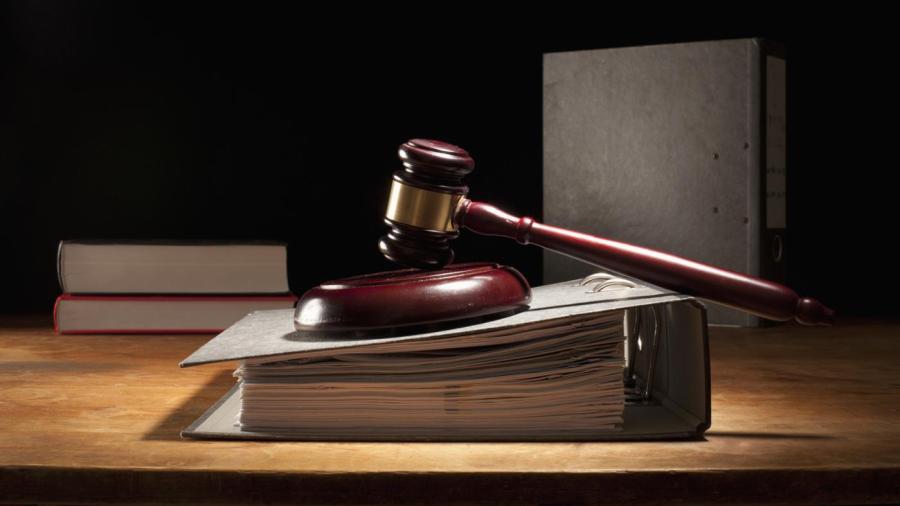What Is a Pretrial Hearing in Criminal Court?

As outlined by the American Bar Association, a pretrial hearing in criminal court allows the lawyers, defendants and any victims involved in the case to come before the judge and receive or share important information about the upcoming trial.
When a plea of not guilty is entered in a criminal case, a pretrial date is set to assess readiness for a bench or jury trial, according to Washington Courts. At this time it is decided whether the accused parties are allowed to post bail and remain free until the pretrial hearing. If allowed, the judge determines how much bail money the defendants have to pay. All lawyers must be present at the pretrial hearing, as well as the defendants, or they risk forfeiting their bail money. The judge makes a ruling on such things as a specific trial date and whether or not certain evidence may be allowed for use in court.
According to The Law Dictionary, another main reason for a pretrial hearing is to ensure that the parties involved understand all of the charges being brought against them and that they are aware of their right to counsel and a jury trial. Lawyers on both sides use this hearing as an opportunity to outline their strategies, exchange their witness lists and make any negotiations or offers of plea bargains.





